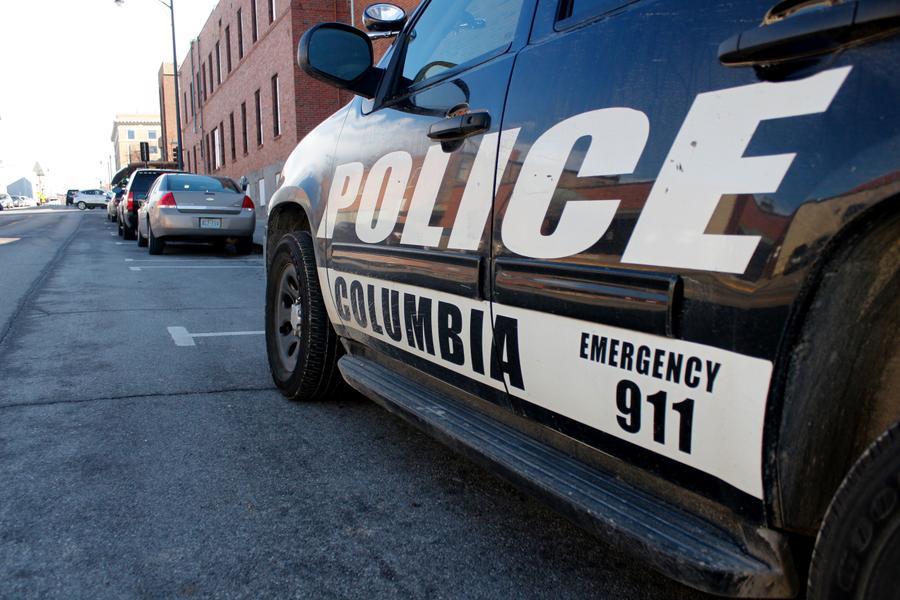In the midst of allegations that the Columbia Police Department has racially profiled citizens, Chief Ken Burton continues to be unclear about his views on the issue.
Last year, a report from the Missouri attorney general’s office [showing that black citizens were three times more likely to be pulled over in Columbia than white citizens in 2015](http://www.columbiamissourian.com/news/local/updated-black-drivers-in-columbia-pulled-over-at-a-disproportionately/article_14f6fbc0-2828-11e6-be79-2ff17710bdf2.html) caused uproar when Burton described the data as “inconclusive.”
But last Wednesday, Burton acknowledged that there was a possibility his officers engage in racial profiling. He said he had “learned some things by listening” to citizens’ experiences with the police, [according to the Columbia Missourian](http://www.columbiamissourian.com/news/local/police-chief-ken-burton-adjusts-his-view-of-racial-profiling/article_0080af6a-d854-11e6-88cf-af6667267e4f.html). Burton said he wants to further analyze the attorney general’s data, and he may be presenting an official analysis at a town hall scheduled for Jan. 30, according to local activist group Race Matters, Friends.
“Now I have a different attitude than I had four or five months ago about where we are with race relations in the city of Columbia,” Burton said.
The public town hall is part of a CPD effort to engage in dialogue about racial profiling and bias in the community. The assembly comes after Burton said during a July city council meeting that racial profiling does not exist within his ranks, prompting RMF members to object and walk out.
“To me, [Burton’s statement] was incredibly offensive in context,” said RMF member Rachel Taylor, who attended the July meeting. “The people of color who were there, who’d been asked by the city to appear and talk about their experiences in this press conference, were really upset.”
RMF members said in a conference call that they had reached out to the chief numerous times hoping to share their concerns, but he has not responded to their emails since June 2015. The group also claims that no one in the department informed them in advance of the upcoming town hall meeting.
“The police department and the city weren’t collaborative in planning [the town hall],” Taylor said. “They didn’t contact any activist group. They didn’t even contact the NAACP. They just put it on the calendar.”
Burton has mentioned other initiatives in addition to regular dialogue, [including a new policy requiring consent-to-search forms for traffic stops](http://www.columbiamissourian.com/news/columbia-police-to-begin-using-consent-to-search-form/article_c60277c0-7f7e-11e6-9142-03b449272ecb.html) and promises to cease traffic stops for broken tail lights.
RMF said this wasn’t enough and ignores a bigger issue of Chief Burton and CPD continuing to deny disparities found in data. RMF President Traci Wilson-Kleekamp pointed out that CPD was the organization that sent the data to the state in the first place.
“The short answer is, I don’t know why the chief is denying that his own data is problematic,” Wilson-Kleekamp said. “Really, the question on the table is why haven’t you been evaluating your data for the past 15 years?”
Meanwhile, the group remains wary of Burton’s intentions and unsure of what picture this paints for the future of racial profiling in Columbia.
“The chief said, ‘If there is a belief that officers are racially profiling on somebody’s behalf, then that’s their belief, and they have a right to it.’ That is victim blaming,” Taylor said.
“He’s really saying, ‘You believe you’re being profiled, but you’re really not because I am the only source of judgement about whether or not profiling is happening.’ So what may seem to some people as a change in opinion and approach, seems like a very tiny step to me.”
_Edited by Madi McVan | [email protected]_








